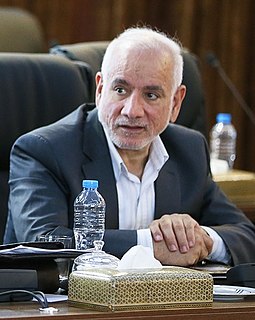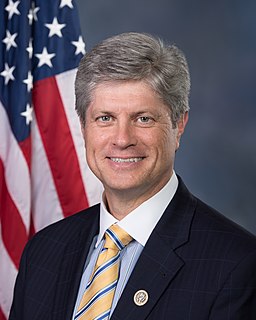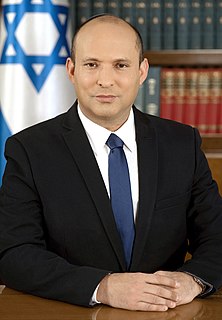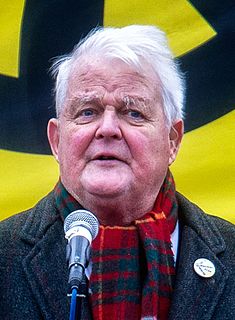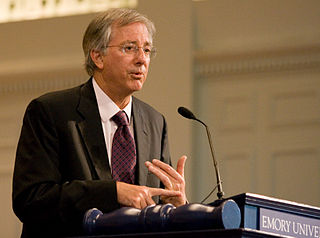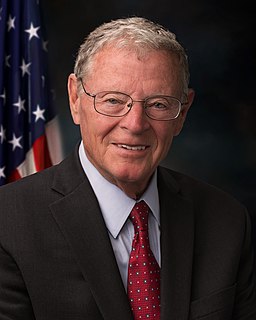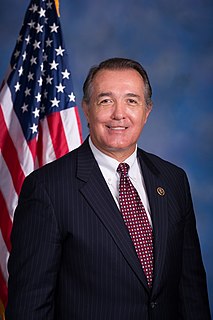Top 1200 Nuclear Iran Quotes & Sayings
Explore popular Nuclear Iran quotes.
Last updated on November 15, 2024.
Iran has been calling for it for years, and the Arab countries support it. Everyone except the United States and Israel support it. The U.S. won't allow it because it means inspecting Israel's nuclear weapons. The U.S. has continued to block it, and in fact blocked it again just a couple of days ago; it just wasn't widely reported. Iran's nuclear program, as U.S. intelligence points out, is deterrent, and the bottom line is that the U.S. and Israel don't want Iran to have a deterrent.
The Saudis are so happy. People don't understand, the Saudi Arabian government - kingdom - hates Iran. They're scared to death of Iran. That's Shi'a versus Sunni Muslim, and the Iranians are Persians. They're not Arabs. So it's a double whammy. There is no love lost, and the Saudis have been petrified over Barack Obama's peace dance and nuclear dealings with the nation of Iran. They are ecstatic to have Donald Trump.
My reading of the threat from Iran is that if Iran acquires nuclear weapons, it is an existential threat to the State of Israel and to other countries in the region because the other countries in the region will feel compelling requirement to acquire nuclear weapons as well. Now we cannot a second Holocaust.
We support any deal that denies Iran nuclear weapons, that has a continuous and robust inspection mechanism and that has snap-back provisions in case Iran violates the agreement. Our concern is that Iran will use the income it receives as a result of the lifting of the nuclear sanctions in order to fund its nefarious activities in the region.
As far as U.S. intelligence knows, Iran is developing nuclear capacities, but they don't know if they are trying to develop nuclear weapons or not. Chances are they're developing what's called 'nuclear capability,' which many states have. That is the ability to have nuclear weapons if they decide to do it. That's not a crime.
The intelligence services would probably be in a better position to make an assessment of the advancement of the Iranian nuclear program than Podhoretz or Ledeen. They don't have access to any specific information. So for them to dismiss it has no great value because they have no authority whatsoever on this issue. For them to push forward with their efforts to get a war started between the U.S. and Iran, you certainly cannot say that Iran does not have a nuclear program. If you say that, then the justification for war has basically been eliminated.
International inspectors are on the ground and Iran is being subjected to the most comprehensive, intrusive inspection regime ever negotiated to monitor a nuclear program. Inspectors will monitor Iran's key nuclear facilities 24 hours a day, 365 days a year. For decades to come, inspectors will have access to Iran's entire nuclear supply chain. In other words, if Iran tries to cheat - if they try to find build a bomb covertly, we will catch them.
Iran's Supreme Court has issued a fatwa against the development of nuclear weapons. President [Hassan] Rouhani has indicated Iran will never develop nuclear weapons. I've made clear that we respect the right of the Iranian people to access peaceful nuclear energy in the context of Iran meeting its obligations.
Ultimately, only diplomacy can bring about a durable solution to the challenge posed by Iran's nuclear program. As President and Commander in Chief, I will do what is necessary to prevent Iran from obtaining a nuclear weapon. However, I have a profound responsibility to try to resolve our differences peacefully, rather than rush towards conflict.
I don't want to use the term "nuclear weapons" because those people in Iran who have authority say they are not building nuclear weapons. I make an appeal to the countries who do have nuclear weapons. They don't consider them a nuclear threat. But let's say a country that doesn't have nuclear weapons gets involved in building them, then they are told by those that already have nuclear weapons that they oppose [such a development]. Where is the justice in that?
The issue has two dimensions. One is the legal dimension and the other one is the issue at the realpolitik. [In the] legal realm, we believe in equal rights for all people in all nations. If Israel, the United States, Russia, Pakistan, other countries, China, have the right to have a nuclear program and nuclear bomb, Iran, too, must have that same right. Now, at the realm of realpolitik, because there is a global consensus against Iran, and because there are all manner of dangers facing Iran, I am opposed to this program.
Congress has a limited role in regards to the nuclear agreement with Iran. We do have a review statute that was enacted into law where we review Iran's compliance with the agreement, and we have certain requirements on the President to keep us informed. What we have seen so far is that Iran is in compliance with the nuclear part of the agreement, but certainly has violated non-nuclear issues.
The real concern is that Iran would do what Pakistan did. Pakistan wanted nuclear weapons, like Iran, purely for defensive reasons - to defend itself against India. The problem was that once Pakistan acquired the weapons, it allowed the country to be more aggressive. So they stepped up their support for the Kashmiri terrorists, and it led very quickly to the Kargil crisis in 2000, which almost sparked a nuclear war between India and Pakistan.
Sanctions did indeed help to bring Iran to the negotiating table. But sanctions did not stop the advance of Iran's nuclear program. Negotiations have done that, and it is in our interest not to deny ourselves the chance to achieve a long-term, comprehensive solution that would deny Iran a nuclear weapon.

